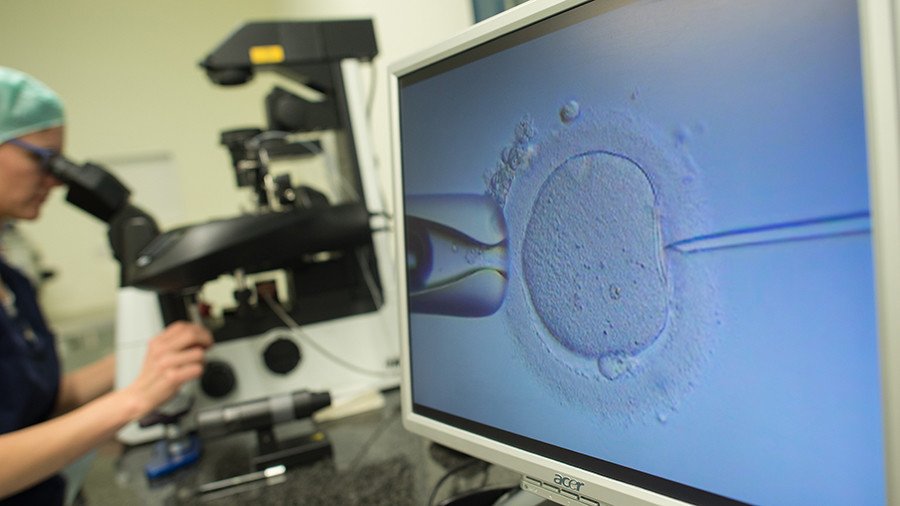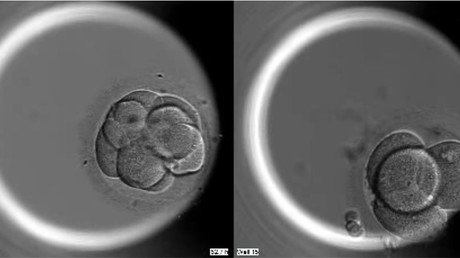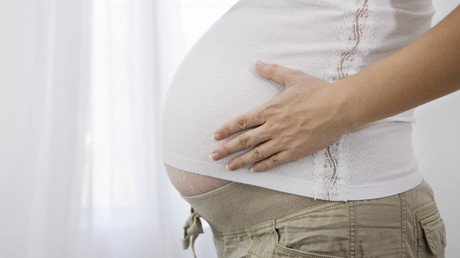Human egg matured in lab for first time in possible breakthrough for fertility treatment

Biology researchers have managed to grow human-egg cells obtained from ovary tissue to full maturity in a lab, promising a new treatment for fertility preservation. The technology would be of interest for women fighting cancer.
Modern medical technology allows mature eggs to be extracted and frozen for years, until a patient wants to use them for an IVF procedure. During each harvesting cycle, however, a limited number of eggs can be extracted, which may not be enough to guarantee successful fertilization.
In certain cases, such as when a woman is fighting cancer and needs to undergo sterilizing chemotherapy as soon as possible, there is simply no way to ensure that she can subsequently have a baby of her own. Even if her mature eggs are preserved, reintroducing them poses a risk of reintroducing cancer too. And pre-puberty girls don’t produce mature eggs that could be frozen.
A technique developed by researchers in New York and Edinburgh may change that. The scientists managed to take immature eggs from ovary tissue and grow some of them to full maturity in vitro. The study reported on Friday in the journal ‘Molecular Human Reproduction’ was the first time that the approach has been used on human eggs, the University of Edinburgh said in a statement. The technique was previously tested on mice, producing healthy animals from lab-matured eggs.
"Being able to fully develop human eggs in the lab could widen the scope of available fertility treatments,” said Professor Evelyn Telfer of the School of Biological Sciences, who led the research. “We are now working on optimizing the conditions that support egg development in this way and studying how healthy they are. We also hope to find out, subject to regulatory approval, whether they can be fertilized."
The scientists are now working on testing whether the eggs can be fertilized and produce healthy embryos. There were some indicators during the growth process that this may not be the case. The technique will also need further development to boost efficiency – out of dozens of eggs harvested, only a few could be pushed to full maturity during the study.
In vitro growth of eggs may also be used to treat conditions that prevent women from producing mature eggs.















